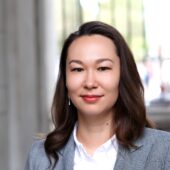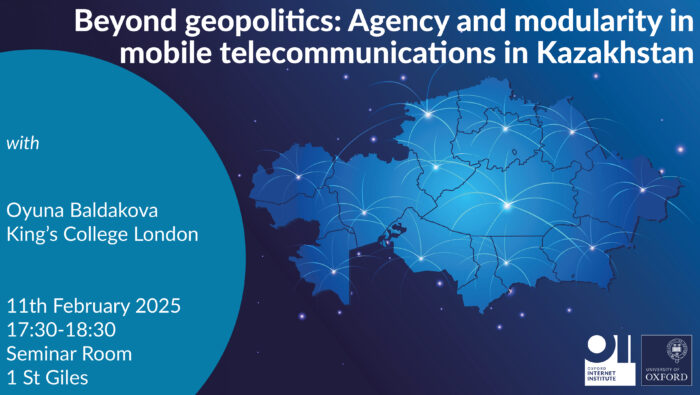
Oyuna Baldakova
Affiliate Researcher, King’s College London
Oyuna's research focuses on the Digital Silk Road and its diverse actors in Kazakhstan, including telecom infrastructure development, the role of Huawei, as well as domestic electronics production.
